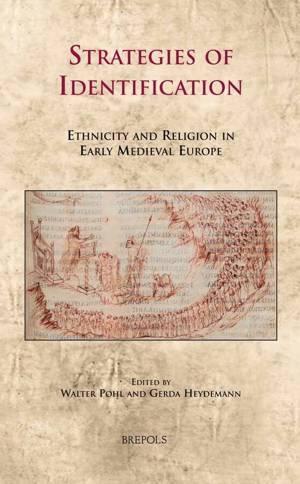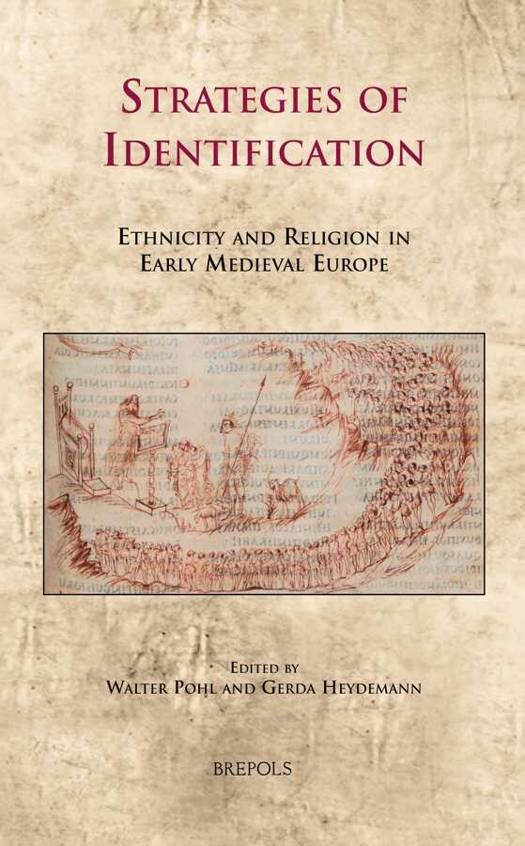
- Retrait gratuit dans votre magasin Club
- 7.000.000 titres dans notre catalogue
- Payer en toute sécurité
- Toujours un magasin près de chez vous
- Retrait gratuit dans votre magasin Club
- 7.000.0000 titres dans notre catalogue
- Payer en toute sécurité
- Toujours un magasin près de chez vous
Description
How were identities created in the early Middle Ages and when did they matter? This book explores different types of sources to understand the ways in which they contributed to making ethnic and religious communities meaningful: historiography and hagiography, biblical exegesis and works of theology, sermons and letters. Thus, it sets out to widen the horizon of current debates on ethnicity and identity. The Christianization and dissolution of the Roman Empire had provoked a crisis of traditional identities and opened new spaces for identification. What were the textual resources on which new communities could rely, however precariously? Biblical models and Christian discourses could be used for a variety of aims and identifications, and the volume provides some exemplary analyses of these distinct voices. Barbarian polities developed in a rich and varied framework of textual 'strategies of identification'. The contributions reconstruct some of this discursive matrix and its development from the age of Augustine to the Carolingians. In the course of this process, ethnicity and religion were amalgamated in a new way that became fundamental for European history, and acquired an important political role in the post-Roman kingdoms. The extensive introduction not only draws together the individual studies, but also addresses fundamental issues of the definition of ethnicity, and of the relationship between discourses and practices of identity. It offers a methodological basis that is valid for studies of identity in general.
Spécifications
Parties prenantes
- Auteur(s) :
- Editeur:
Contenu
- Nombre de pages :
- 450
- Langue:
- Français
Caractéristiques
- EAN:
- 9782503533841
- Date de parution :
- 01-07-13
- Format:
- Livre relié
- Format numérique:
- Genaaid
- Dimensions :
- 163 mm x 239 mm
- Poids :
- 725 g

Les avis
Nous publions uniquement les avis qui respectent les conditions requises. Consultez nos conditions pour les avis.






